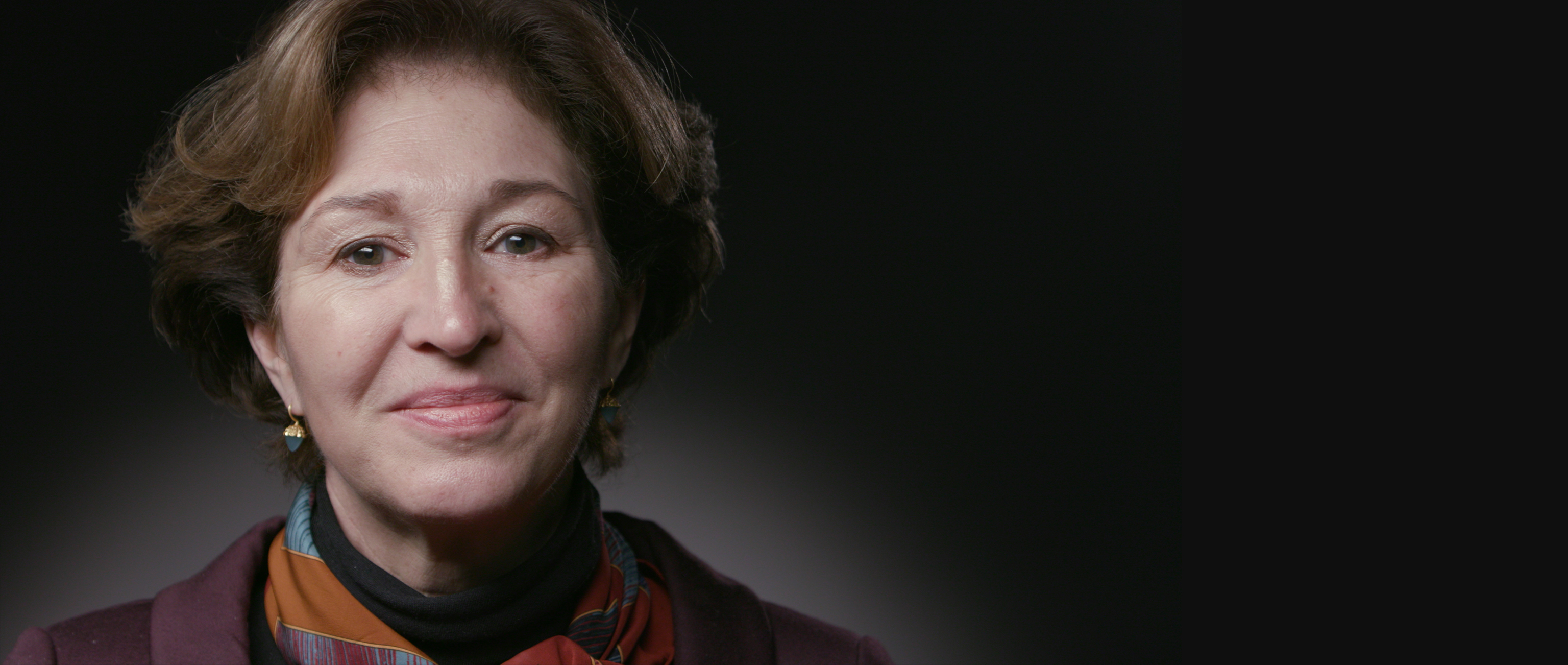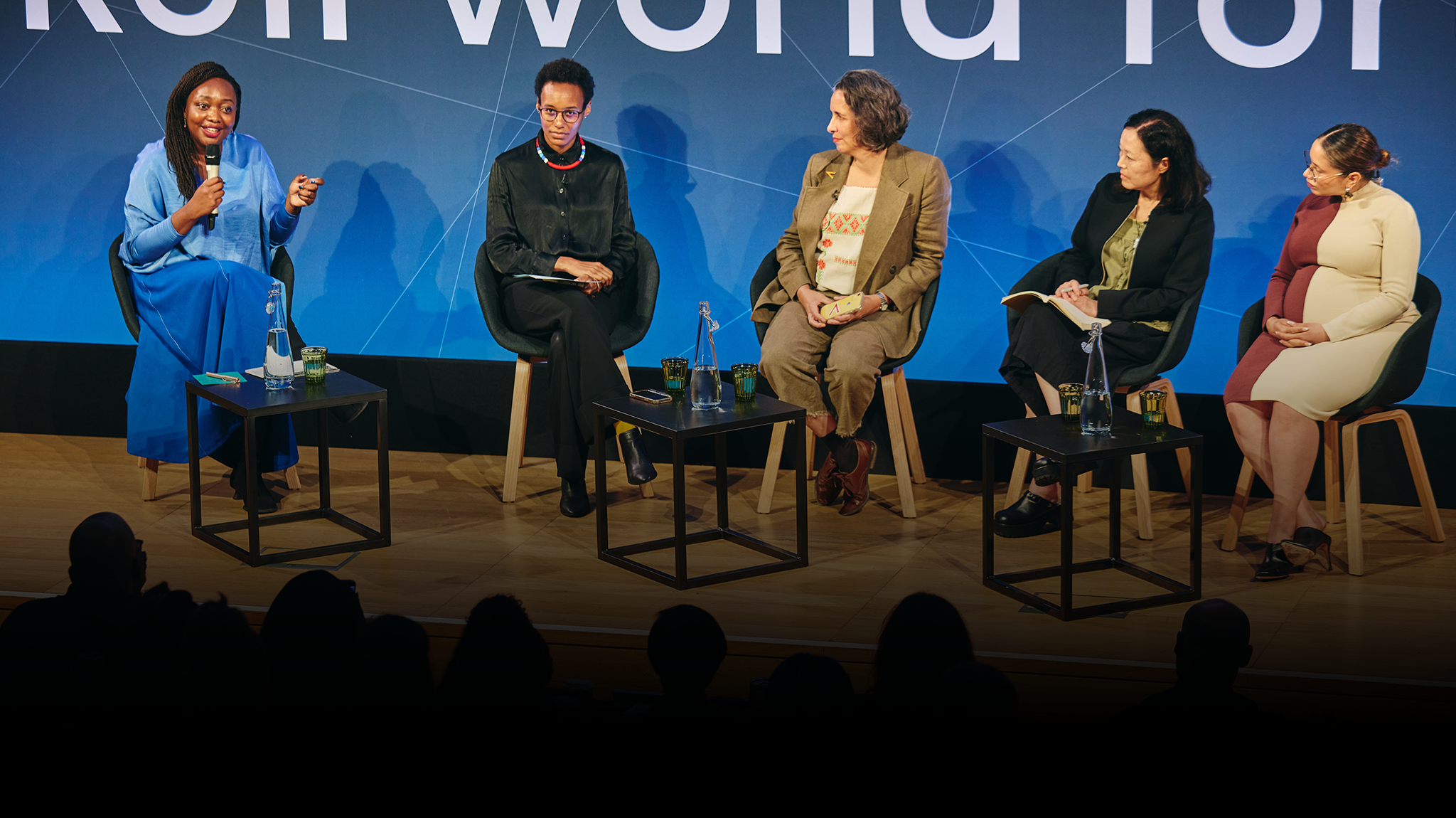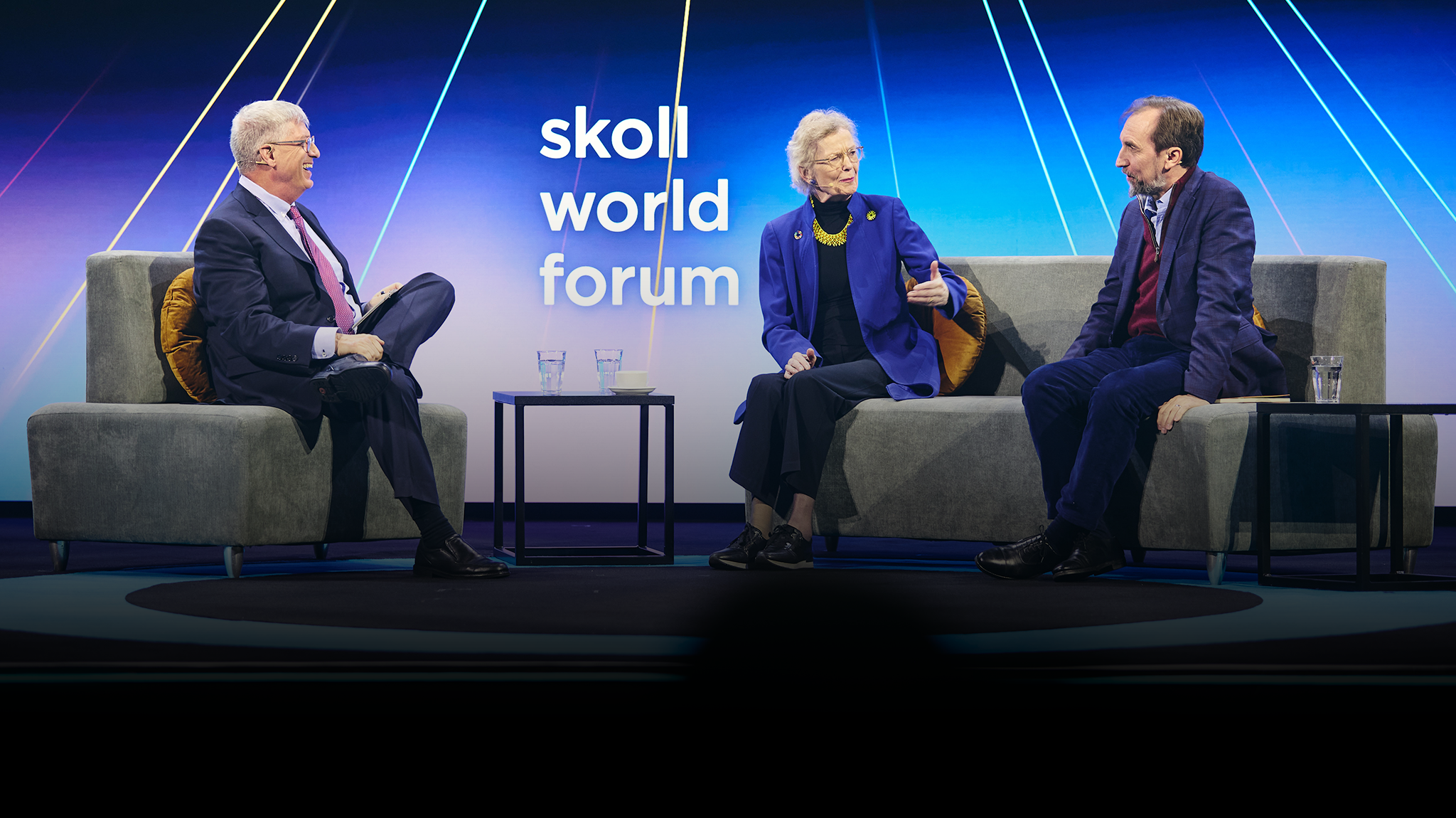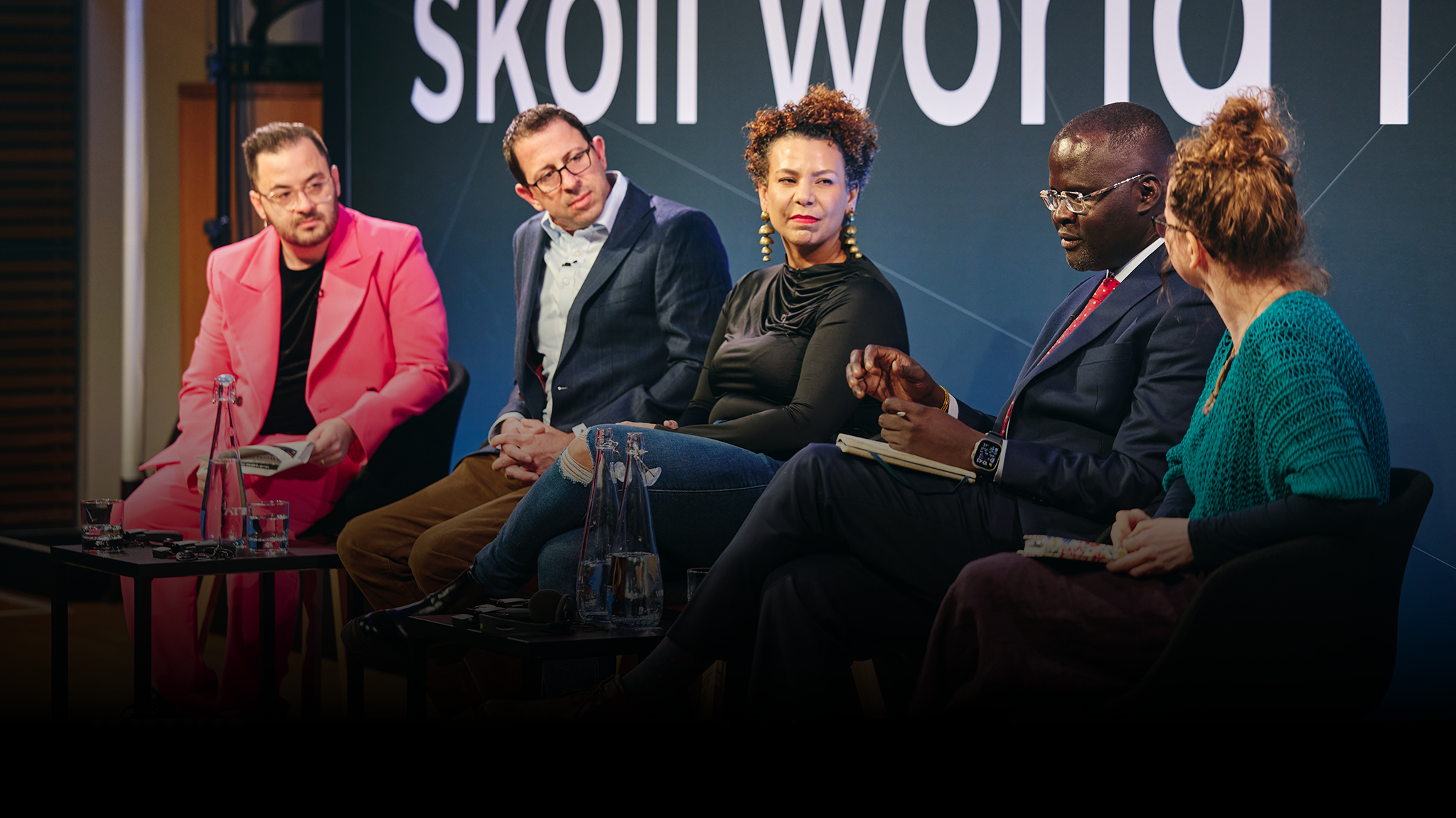Anne-Marie Slaughter on How We Can Renew the Promise of America
As CEO of New America, Anne-Marie Slaughter, leads a think and action tank dedicated to renewing the promise of America. It focuses on a range of policy issues from national security and technology, to education and the future of work. She served as Director of Policy Planning for the U.S. State Department under Hillary Clinton, and taught law at Princeton, Harvard, and the University of Chicago. She’s the author of several books, and her article “Why Women Still Can’t Have It All”—the most read in the history of The Atlantic magazine—reignited a national conversation about gender equity in the 21st century. We sat down with Anne-Marie to hear more about what it will take to renew the promise of America at a time of extreme polarization.
Tide of Righteousness
The most troubling trend I see is a kind of tide of righteousness on the left and the right. It’s really on both sides. If you differ from me, you’re evil. Those are not differences of view. That becomes a a process of demonizing the other. I find that deeply worrying because we can differ on how you get to goals. I’m a Democrat, and I think of Republicans even, even many Trump voters, as people who want the same things I want. For whatever reason they’ve decided that the way I think we should get there through government support, say, is not the right way. They have a different view of how you get there, but they are fundamentally good people.
On the positive side, I do think America is renewing itself. I see smaller communities, in the heartland, in the south, in the southwest, and lots of places where people are not paying attention to Washington. They’re pretty disgusted with national politics, but they’re coming together, whether it’s craft brewers, or carpenters—people who are restoring local economies in various ways. They’re creating a new country from the bottom up. I often feel that sense of renewal, that sense of possibility.
Rise of Public Interest Technology
One of the most important innovations I see right now is what New America calls public interest technology. Think about it in terms of the civil rights movement in the ‘60s and ‘70s and what that did for law. Law became a tool of social justice. Public interest law became something you could study in law school. You could work in a public interest clinic. You could go into a firm to repay your loans or do whatever, but then you could also go and work in government or in countless civic organizations, using litigation for public good.
Now, you’re starting to see that in technology, and it’s just the beginning. Instead of going and studying computer science or design or data science, or any of those technologist career paths, you can now work for a big company but then go into government. US digital service brought 400 engineers into the government, and that’s happening at the state and local level too.
Falling short on the American Ideal
I believe deeply that America is a country that holds itself to a set of ideals and values that are universal and deeply important. We are a country that falls radically short of achieving those ideals and have from the beginning. We announce that “all men are created equal” and then we recognized African-American men as only three-fifths of a man.
Our history is this process of holding ourselves to these ideals, believing deeply in them, and yet constantly falling short. We’re not better than other people in the world. We reflect the world. The system brings out our aspirations to be something better, and to stand for that for all human beings.
We’re trying to bring about that process of renewal, the process of hope and aspiration, the best that human beings can be, even while recognizing we will fall short and that there are countless problems. It is that belief in possibility that is who we are at our best. The country right now is at a lower point, and I imagine us unlocking that energy and aspiration and hope, and in doing so, standing for the possibility for all humans.
Want more stories of transformational change on the world’s most pressing problems? Sign up for Skoll Foundation’s monthly newsletter.



